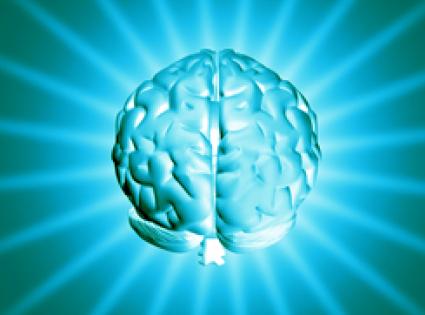LA ARGUMENTACIÓN EN LA INTELIGENCIA ARTIFICIAL
Resumen: Este estudio, es una investigación que pretende dar respuesta a las preguntas: “¿cuál es el estado actual de la capacidad de razonar de ChatGPT en lo relativo a los contextos de posverdad y pensamiento crítico?”, y “¿puede servir ChatGPT para combatir la posverdad?”. Para ello, se hace una comparativa con un estudio reciente sobre los fallos de ChatGPT en esta materia llamado “A Categorical Archive of ChatGPT Failures” (Borji, 2023), empleando las categorías más relacionadas. Se han empleado 157 prompts. Asumiendo las limitaciones, se concluye que ChatGPT no tiene capacidad de razonar, pero puede ser una buena herramienta para combatir la posverdad.
Abstract: This study is an investigation that aims to answer the questions: "what is the current state of ChatGPT's ability to reason in relation to post-truth and critical thinking contexts?", and "can ChatGPT serve to combat the post-truth? To do this, a comparison is made with a recent study on ChatGPT failures in this matter called "A Categorical Archive of ChatGPT Failures" (Borji, 2023), using the most related categories. 157 prompts have been used. Assuming the limitations, it is concluded that ChatGPT does not have the ability to reason, but it can be a good tool to combat post-truth







